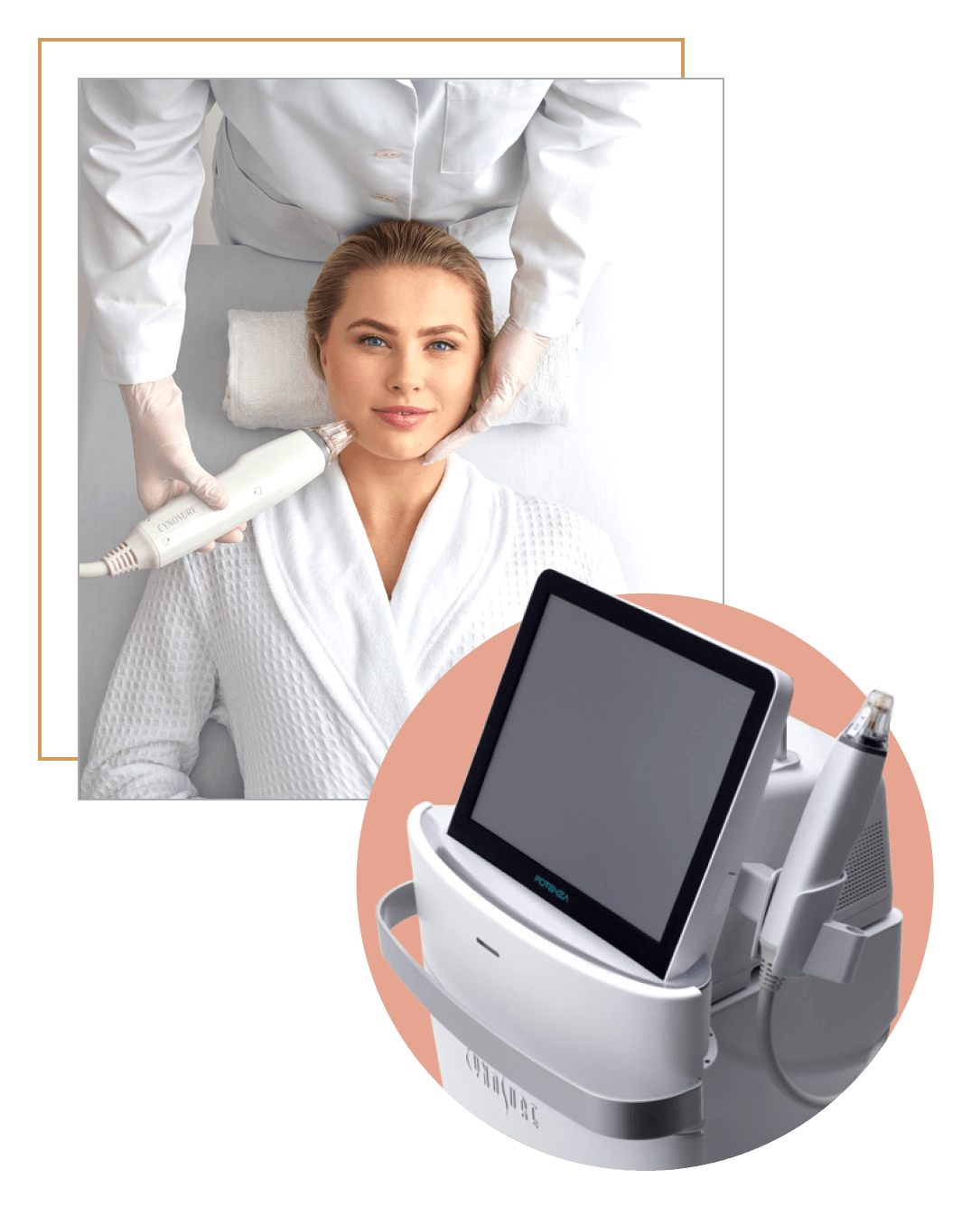Let’s own our health
Proactive, Preventative
& Personalized
Menopause Care

Let’s own our health
Proactive, Preventative
& Personalized
Menopause Care
Long Beach community since 2007.
WHY I STARTED
Beyond My Menopause
Patients often come to me in tears as their day to day stressors have left them imbalanced preventing them from effectively managing their daily life. They have difficulty sleeping, report low energy and libido, poor memory and concentration and emotional lability.
Medical school and residency never prepared me for this challenge even though it affects all women eventually. Unhappy with conventional therapy,
I threw myself into a more integrative approach.
Having experienced
I dove into menopause
therapy and how best to
manage these changes.
Whether you are perimenopausal or in menopause,
my goal is to provide personalized therapy that will allow you
to regain your life back and help you to feel balanced.

We Will Reach
Your Goals together
Perimenopause is the time around menopause that begins on average
The complex balance of estrogen and progesterone in our body is shifting leading to a disruption in our normal physical and mental state leaving us to feel “unbalanced”.
Such symptoms often include:
- Hot flashes and night sweats
- Vaginal dryness and painful intercourse
- Absent or irregular cycles
- Heavier cycles
- Skin changes
- Poor libido
- Depression
- Irritability and anxiety
- Fatigue
- Poor memory
- Increase in abdominal fat
- Insomnia
- Joint pain

- ● Proactive CareStay ahead with advanced diagnostics and early intervention.
- ● Personalized PlansTailored care that reflects your unique biology and goals.
- ● Preventative FocusAvoid chronic diseases with expert guidance and cutting-edge testing.
Experience my specialized practice, dedicated to supporting peri and menopausal women.
Your health goals are my provider goals and together we will reach new levels of wellbeing tailored to your unique needs.


Your skin deserves care that evolves with you. Potenza RF Microneedling is a versatile treatment designed to stimulate collagen and refresh your skin.
- Customizable for all skin types.
- Treats areas on the face and body.
- Minimal downtime.
- Visible results after 1 treatment session.
Stimulating collagen production to target:
- acne
- pores
- skin tightening
- wrinkles and fine lines
- skin laxity
- stretch marks
- post-op scarring
Please contact our office and


